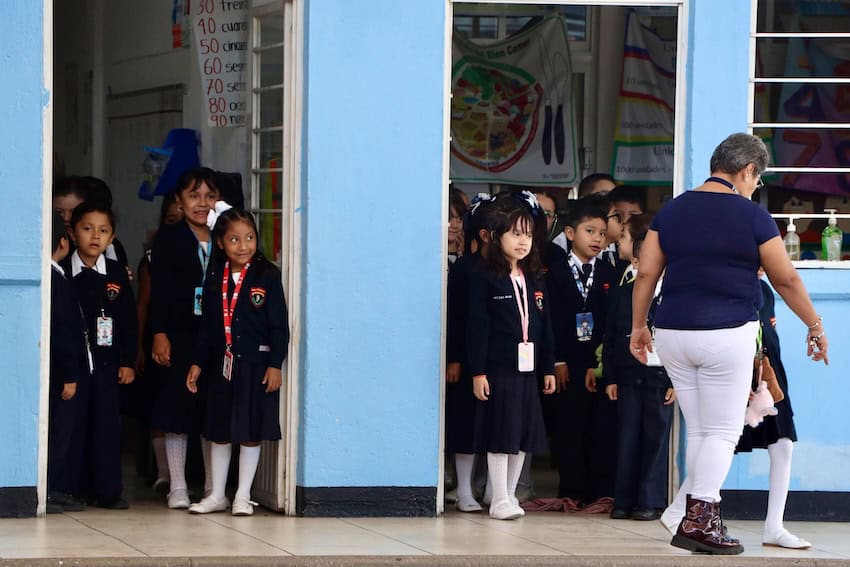Mexico moved up one position in the 2025 World Competitiveness Ranking conducted by the Institute for Management Development (IMD) of Switzerland, which evaluates 69 economies globally. But the results indicate that there’s plenty of room for improvement.
Mexico’s slight increase from spot 56 to 55 reflects a marginal improvement in the country’s economic development and performance compared to 2024.

Among the Latin American nations that IMD evaluated, Mexico ranks below Chile (42) and Colombia (54), but above Brazil (58), Peru (60) and Argentina (62).
In the overall ranking, Switzerland, Singapore, Hong Kong, Denmark and the United Arab Emirates ranked as the world’s most competitive economies. Meanwhile, Canada (No. 11), Germany (No. 19) and Luxembourg (No. 20) climbed the most within the top 20.
The United States came in at No. 13 and the United Kingdom at No. 29.
The IMD is an independent academic institute with Swiss roots and campuses in Singapore and China. It emphasizes that its competitiveness ranking is not based solely on the usual economic indicators.
“An economy’s competitiveness cannot be reduced to its GDP, productivity or employment levels,” reads a statement on the IMD website. “It can be gauged only by considering a complex matrix of political, social and cultural dimensions.”
Still, currencies and trade are important factors in the ratings.
“Strong currencies are emerging as an indicator of long-term success,” Arturo Bris, director of the Global Competitiveness Center (GCC), which compiled the ranking for the IMD, said. “At the same time, the reorganization of global trade networks is revealing how accessible countries have been acting in their best interests, and the consensus is proving positive for economies, in stark contrast to the effects of polarization.”
How do the results for Mexico break down?
According to the report, Mexico’s performance looks as follows.
Economic performance: Mexico ranked 39th, with notable results in employment (No. 9) and domestic economy (No. 30), but lower rankings in international trade (No. 52) and prices (No. 55). However, international trade moved up five positions compared to 2024.
Government efficiency: Mexico ranked 62nd, with its best rating in fiscal policy (No. 23). However, it lags behind in institutional framework (No. 62) and business legislation (No. 62).
Business efficiency: The country came in at 54th, with efficiency and productivity recording at the top (No. 38), but with weaknesses in finance (No. 62), and attitudes and values (No. 57).
Infrastructure: Mexico ranked 61st, with lags in basic infrastructure (No. 66), technological infrastructure (No. 62), and education infrastructure (No. 64).
In identifying Mexico’s “challenges and considerations,” IMD’s report notes that Mexico must leverage U.S. economic policy to boost its domestic market through innovation and nearshoring.
It also points to the need for structural reforms in education and clean energy, as well as improving logistics infrastructure and strengthening international relations to achieve higher GDP growth (2-3%). Mexico is currently forecast to grow between 0 and 0.2% in 2025.
Last year, Mexico ranked No. 56 overall, the same as in 2023. However, the ranking included three new economies this year: two that ranked below Mexico (Ghana and Nigeria), and one that ranked above Mexico (Puerto Rico).
With reports from El Economista
